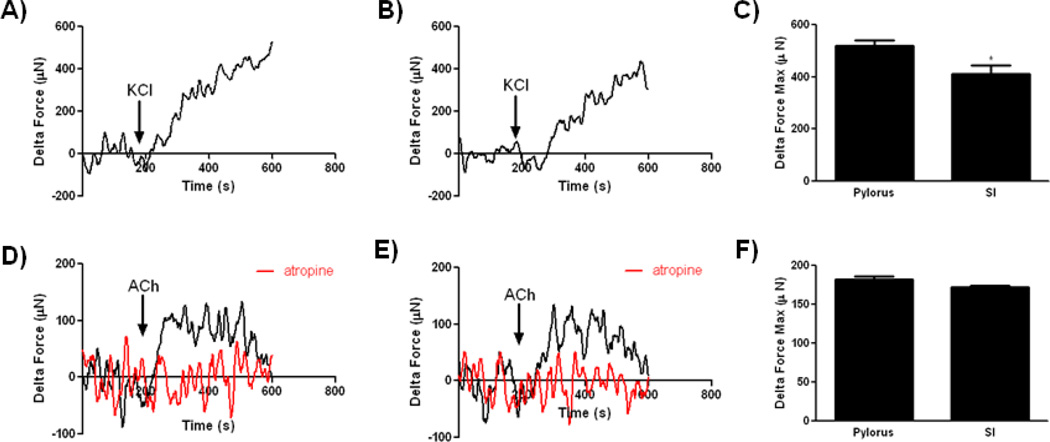Figure 4. Physiologic assessment of force generation by bioengineered smooth muscle constructs in response to potassium chloride and acetylcholine.
Force of contraction measurements were acquired by real time force generation measurements taken after stimulation of constructs with 60 mM KCl or 1 µM ACh. A) Representative tracings of human pylorus SMC constructs are presented. Bioengineered human pylorus constructs produced a robust contraction in response to KCl averaging 519.8 µN (SEM±19.97). B) Human SI SMC constructs also contracted in response to KCl averaging 411.8 µN (SEM±32.48). C) Contraction in response to KCl was significantly higher in bioengineered human pylorus constructs compared to SI constructs (*p<0.05, n=3). D–F) Both bioengineered human pylorus and SI SMC constructs contracted in response to ACh with maximum contractions averaging 184.9 µN (SEM±5.66) and 172.1 µN (SEM±2.37), respectively (n=3). Contraction in response to ACh was abrogated with the addition of a muscarinic receptor inhibitor (atropine, red traces).

